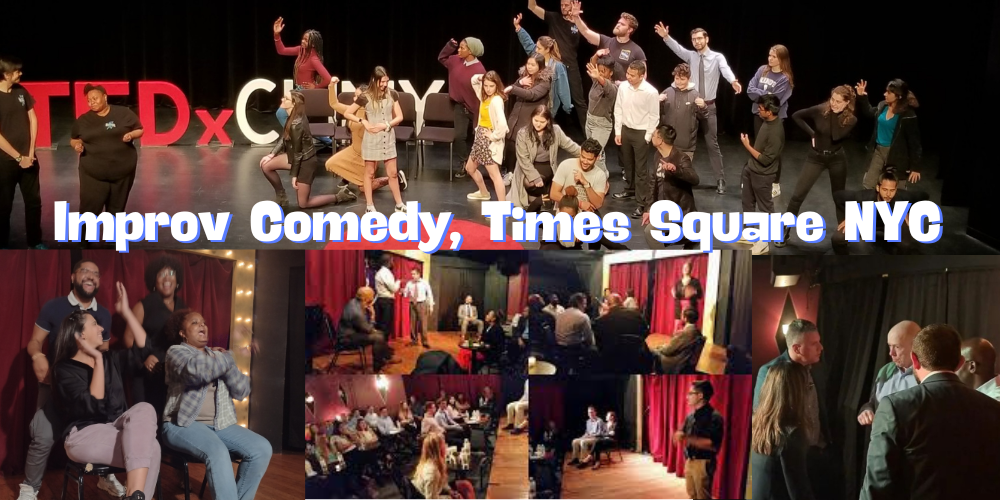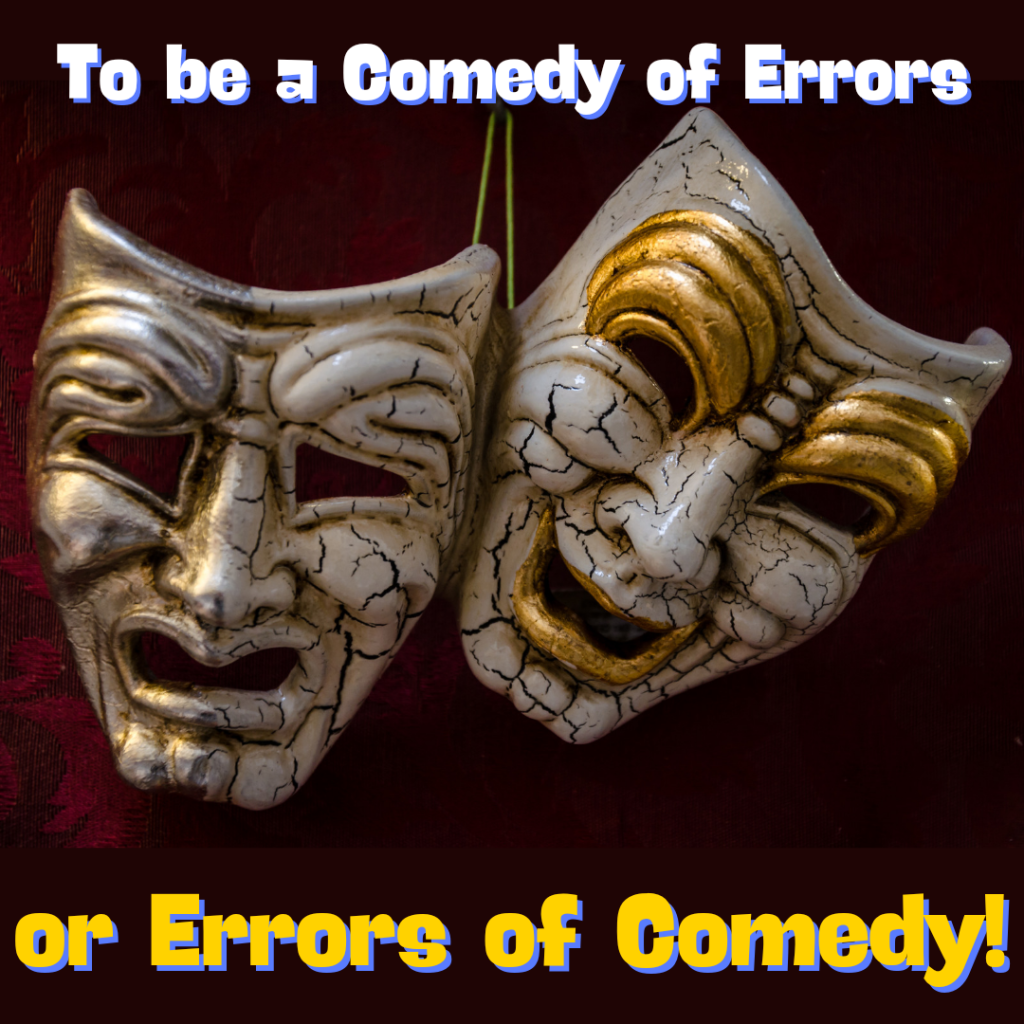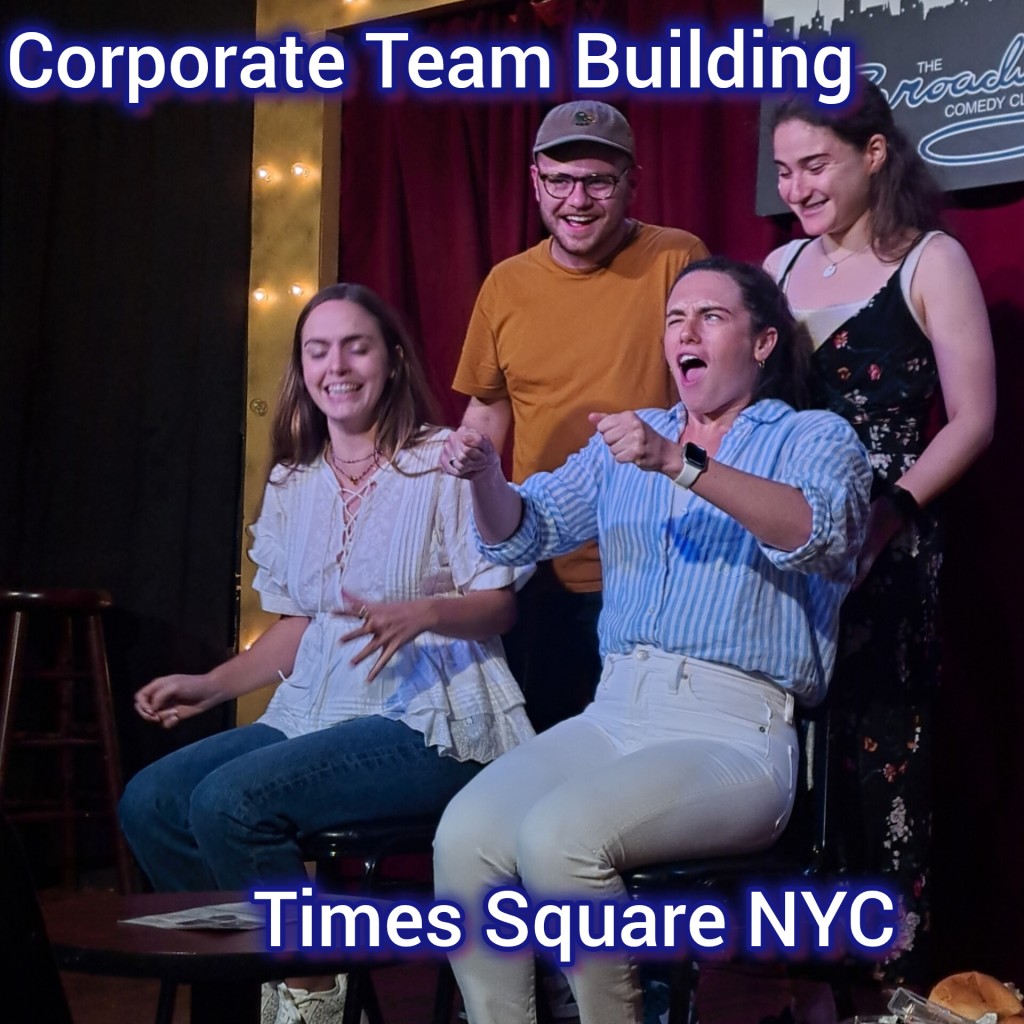
Comedy has always been about more than just laughs. It’s a mirror reflecting society’s absurdities, often through the lens of its most endearing characters: the fools. These are the characters who dare to say what others won’t, challenge authority with wit, and expose the folly of the world through their own bumbling antics.
Let’s dive into the world of 10 classic fools who’ve left an indelible mark on the comedic landscape:
- Touchstone (As You Like It, Shakespeare): This witty jester’s wordplay and philosophical musings provide a stark contrast to the courtly drama, reminding us that even in the forest of Arden, wisdom can be found in the most unexpected places.
- Feste (Twelfth Night, Shakespeare): A master of songs and riddles, Feste uses his wit to expose the hypocrisies of the characters around him, all while providing comedic relief and a touch of melancholy.
- Bottom (A Midsummer Night’s Dream, Shakespeare): This overconfident weaver’s transformation into a donkey-headed lover is a testament to the power of imagination and the absurdity of human desire.
- Sir Andrew Aguecheek (Twelfth Night, Shakespeare): This foolish knight’s attempts to woo Olivia are a delightful mix of physical comedy and verbal ineptitude, making him a timeless example of the bumbling fool.
- Stan Laurel (Laurel and Hardy): This silent film era icon’s childlike innocence and penchant for slapstick made him an integral part of one of the most beloved comedy duos of all time.
- Inspector Clouseau (The Pink Panther): Peter Sellers’ portrayal of this bumbling detective, with his thick accent and knack for creating chaos, is a masterclass in physical comedy and comedic timing.
- Basil Fawlty (Fawlty Towers): John Cleese’s manic hotelier, with his short fuse and disdain for his guests, is a hilarious example of how even the most mundane situations can descend into comedic chaos.
- Homer Simpson (The Simpsons): This animated everyman, with his love of donuts and penchant for getting into trouble, is a satirical reflection of American culture and a testament to the enduring power of the animated fool.
- Michael Scott (The Office): Steve Carell’s cringeworthy portrayal of this well-meaning but clueless boss is a hilarious reminder that sometimes the biggest fools are the ones who think they’re the smartest.
- Ron Swanson (Parks and Recreation): Nick Offerman’s deadpan delivery and libertarian views make this government employee a hilarious paradox and a beloved icon of modern comedy.
These are just a few examples of the countless fools who’ve graced our stages and screens, reminding us that laughter is often found in the most unexpected places. Whether they’re challenging authority, exposing societal flaws, or simply making us laugh with their bumbling antics, fools are an essential part of the comedic landscape. So, let’s raise a glass to the fools, the unsung heroes of comedy who continue to bring joy and laughter to our lives.

- GET TICKETS to Times Square Shows
- ADULT CLASSES Times Square NYC
- TEEN Classes Times Square NYC
- KID Classes Times Square NYC
- EMAIL for group sales and private events. We daily hosts corporate teams and student groups for shows and workshops. Our touring company tours schools, theaters and event DC To BOSTON and beyond





You must be logged in to post a comment.